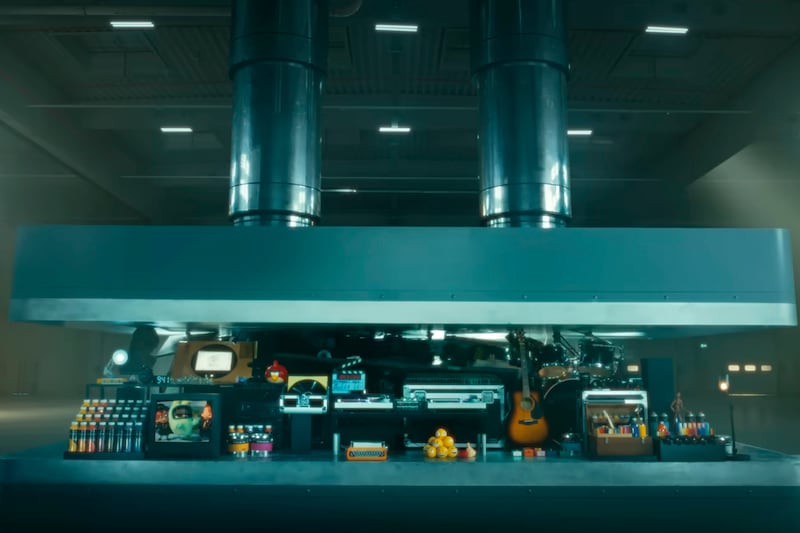Apple is facing controversy over the release of an ad featuring the new iPad Pro.
The ad was posted to X by CEO Tim Cook with the caption, “Meet the new iPad Pro: the thinnest product we’ve ever created, the most advanced display we’ve ever produced, with the incredible power of the M4 chip. Just imagine all the things it’ll be used to create.”
The add was heavily criticized and shortly after, Apple issued an apology.
According to Variety, the apology was issued on Thursday. Tor Myhren, Apple vice president of marketing communications said in a statement, “We missed the mark with this video, and we’re sorry.”
The backlash came from people in Hollywood and the creative field, surrounding the message that the ad was presumed to be advocating.
What is the ad about?
The ad, called “Crush!” shows an amalgamation of creative and cultural objects stacked beneath a hydraulic press. They are slowly and dramatically crushed as Sonny & Cher’s song “All I Ever Need Is You” plays.
All that is left after the destruction is the new iPad Pro with a voiceover stating, “The most powerful iPad ever is also the thinnest.”
It sparked angry reactions from people who claimed the ad boasted the destruction of human creativity in favor of technological advancements in Big Tech, according to Variety.
What did people say about the ad?
Hugh Grant, an actor known for starring in films like “Wonka,” took to X to express his reaction to the ad, calling it, “The destruction of the human experience. Courtesy of Silicon Valley.”
Ed Solomon, screenwriter for “Bill & Ted’s Excellent Adventure” and “Men in Black” took to X a few hours later to also express his disfavor with the ad and Apple.
Justine Bateman, known for acting in the television series “Family Ties,” replied to Apple, “someone corrected your ‘ad,’” with a new version of their ad showing it reversed.
Is tech disrupting human creativity?
With the rise of many new advancements in technology, especially surrounding AI, people are worried about what effects this could have on the future of creative expression.
According to Forbes, a strong distrust of AI has begun to develop. This coming with the abundance of AI-generated content appearing online, such as images, writing and music.
There are also discussions being held about the ethics of these AI programs. Artists argue that AI trains their databases on their work without their permission and for which they receive no monetary compensation.
With so much content being produced by these means in order to cut costs and corners, people are left feeling less optimistic about the potential AI once seemed to hold.
AI technology is constantly advancing, making it harder to tell what is genuine and what is generated. However, as previously reported on by the Deseret News, there are ways to tell.
Much of the time, AI content has an uncanny and lifeless aspect to it, which can be observed especially in the physical inconsistencies with which it depicts humans, but even this is becoming harder to detect.

